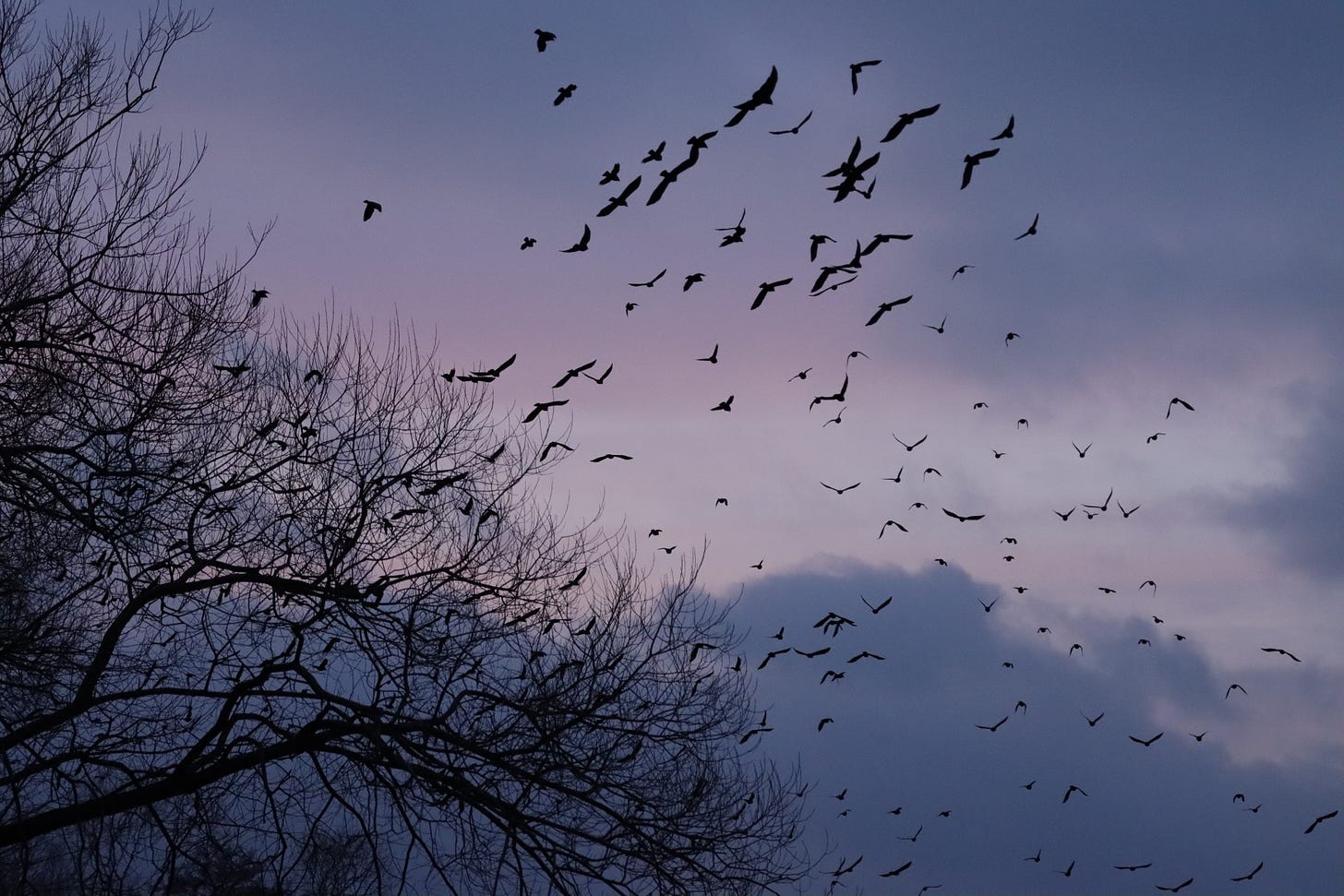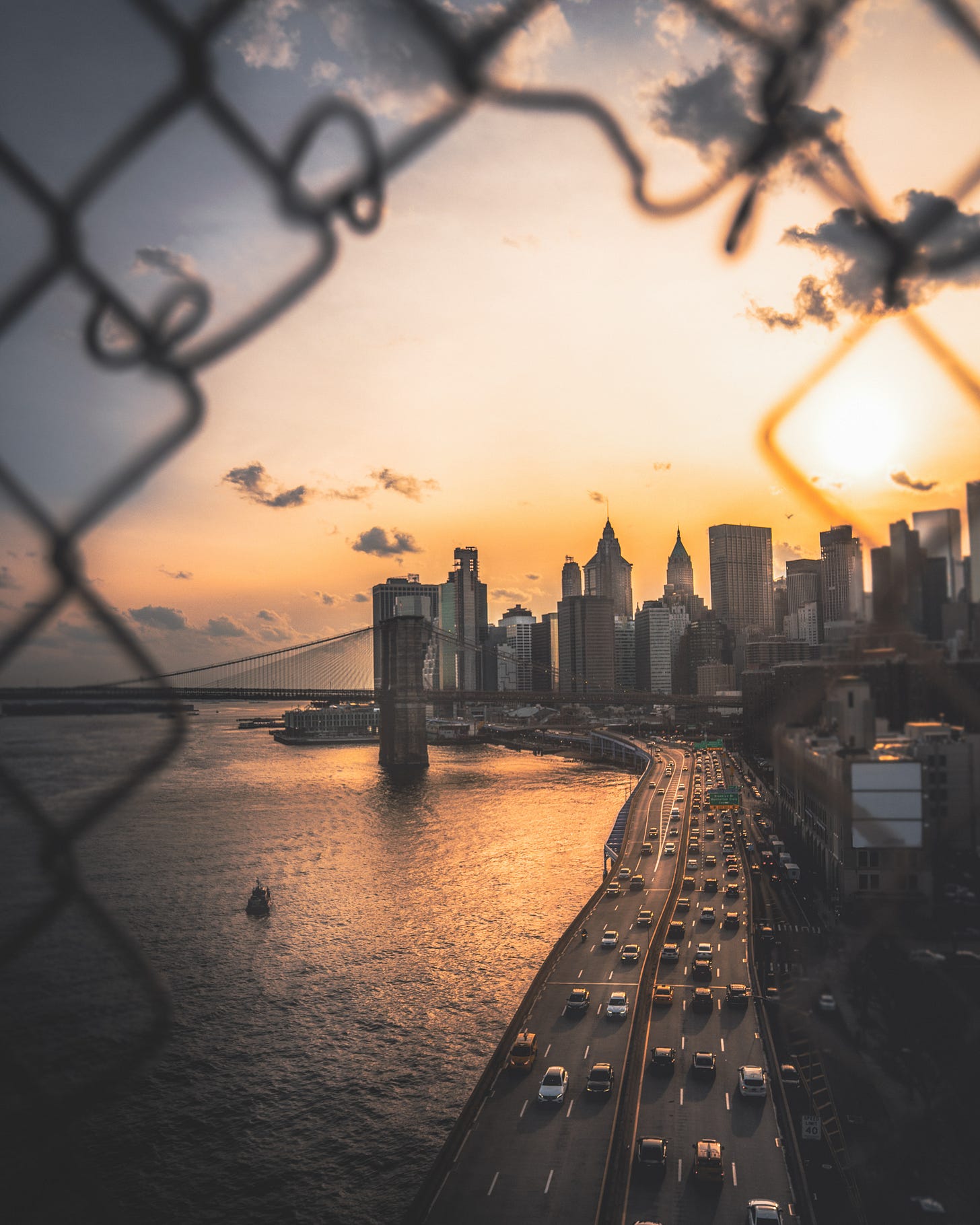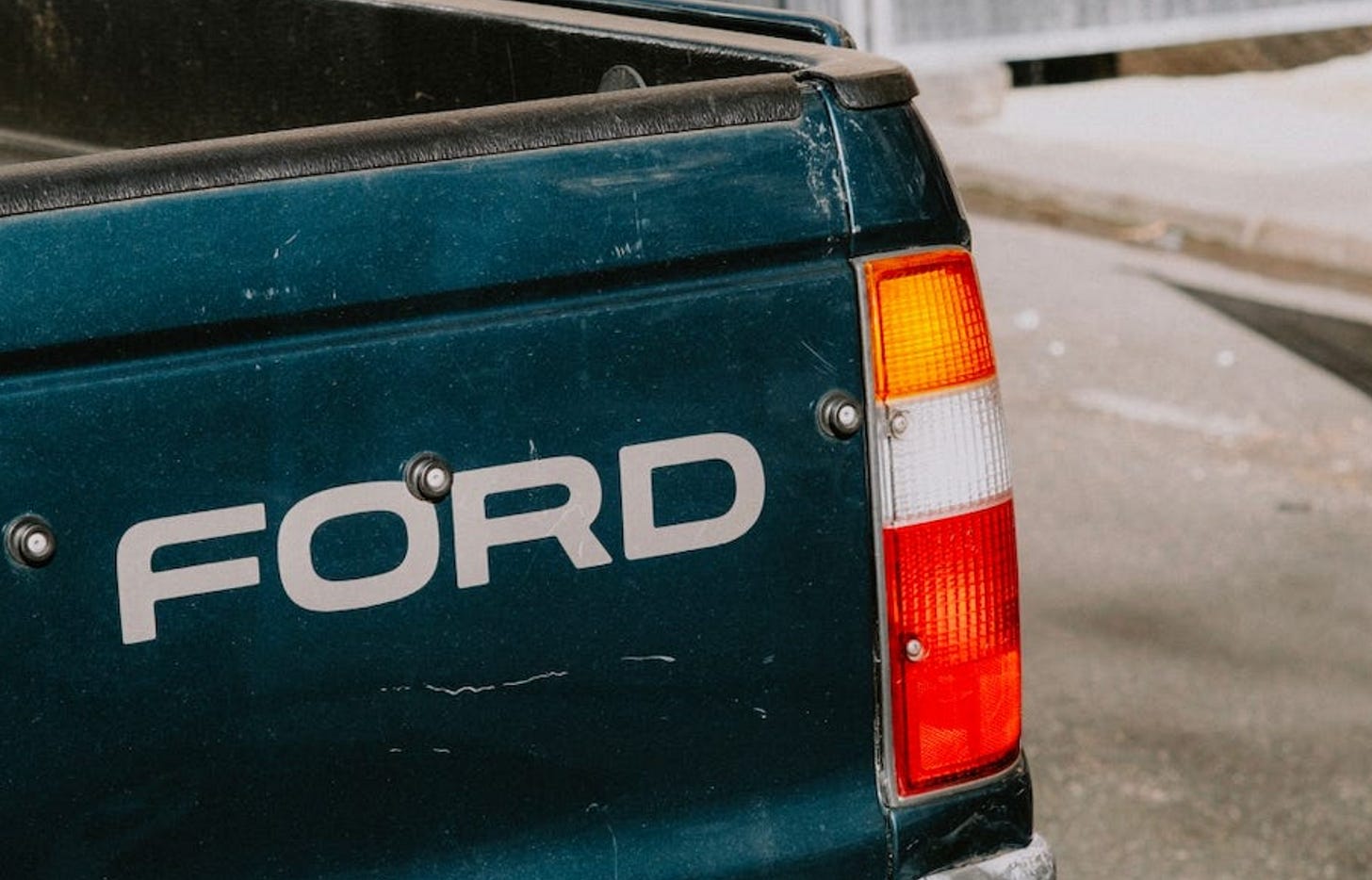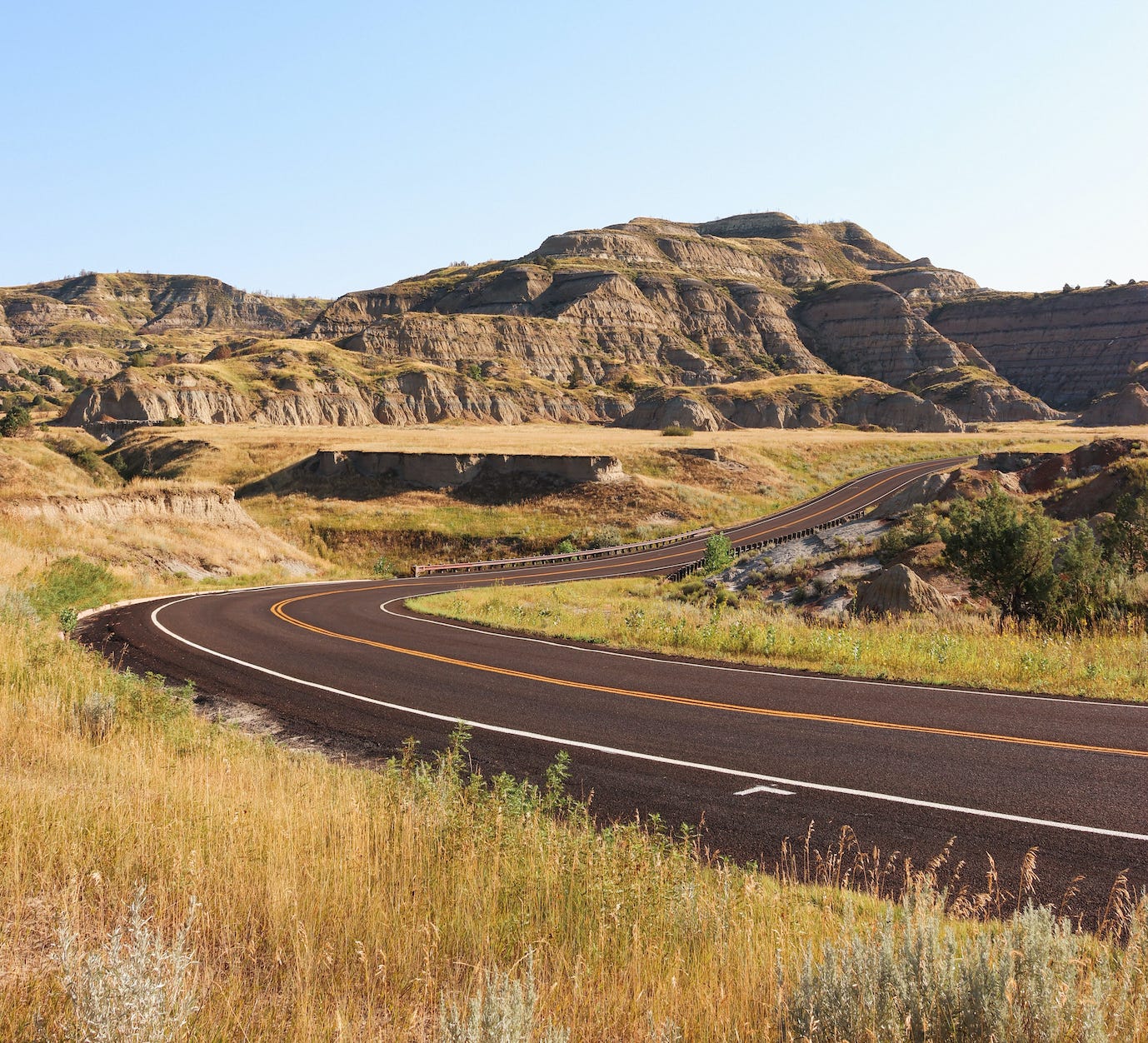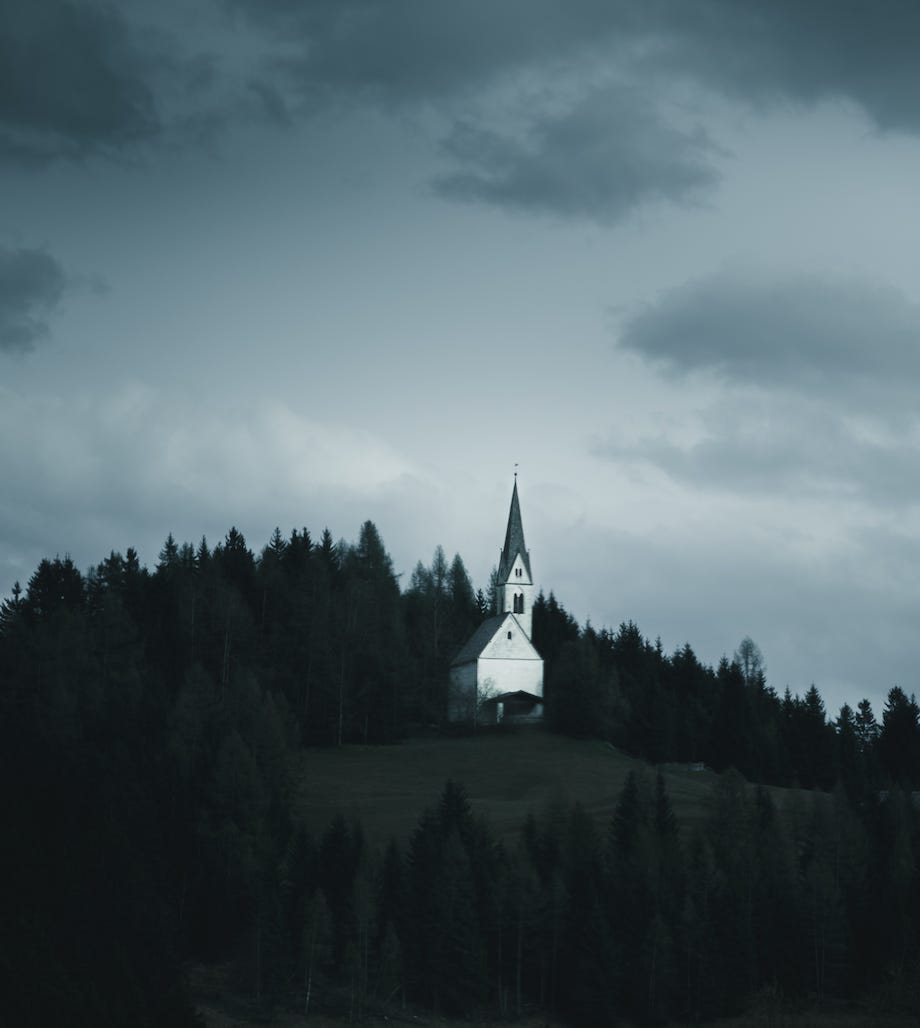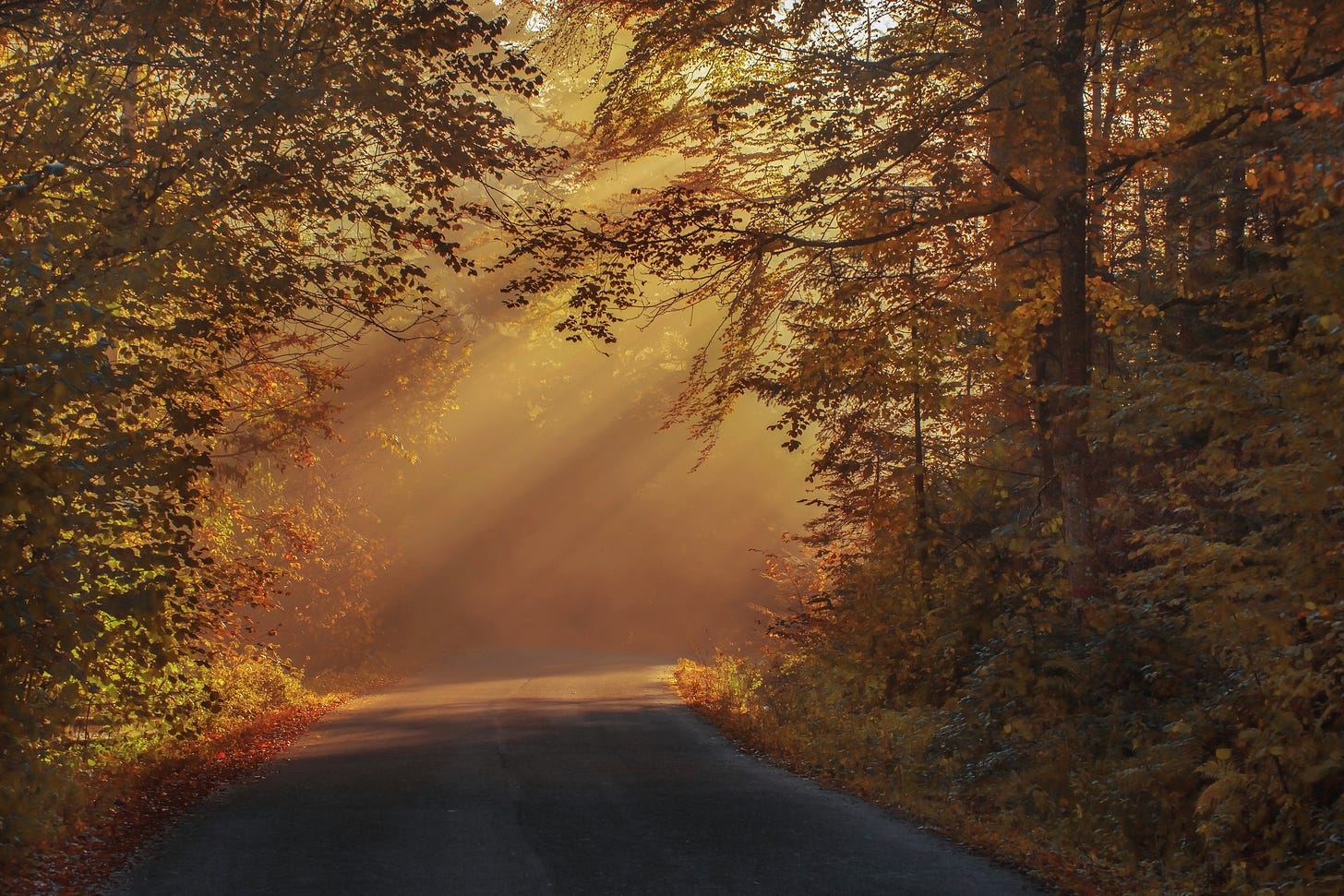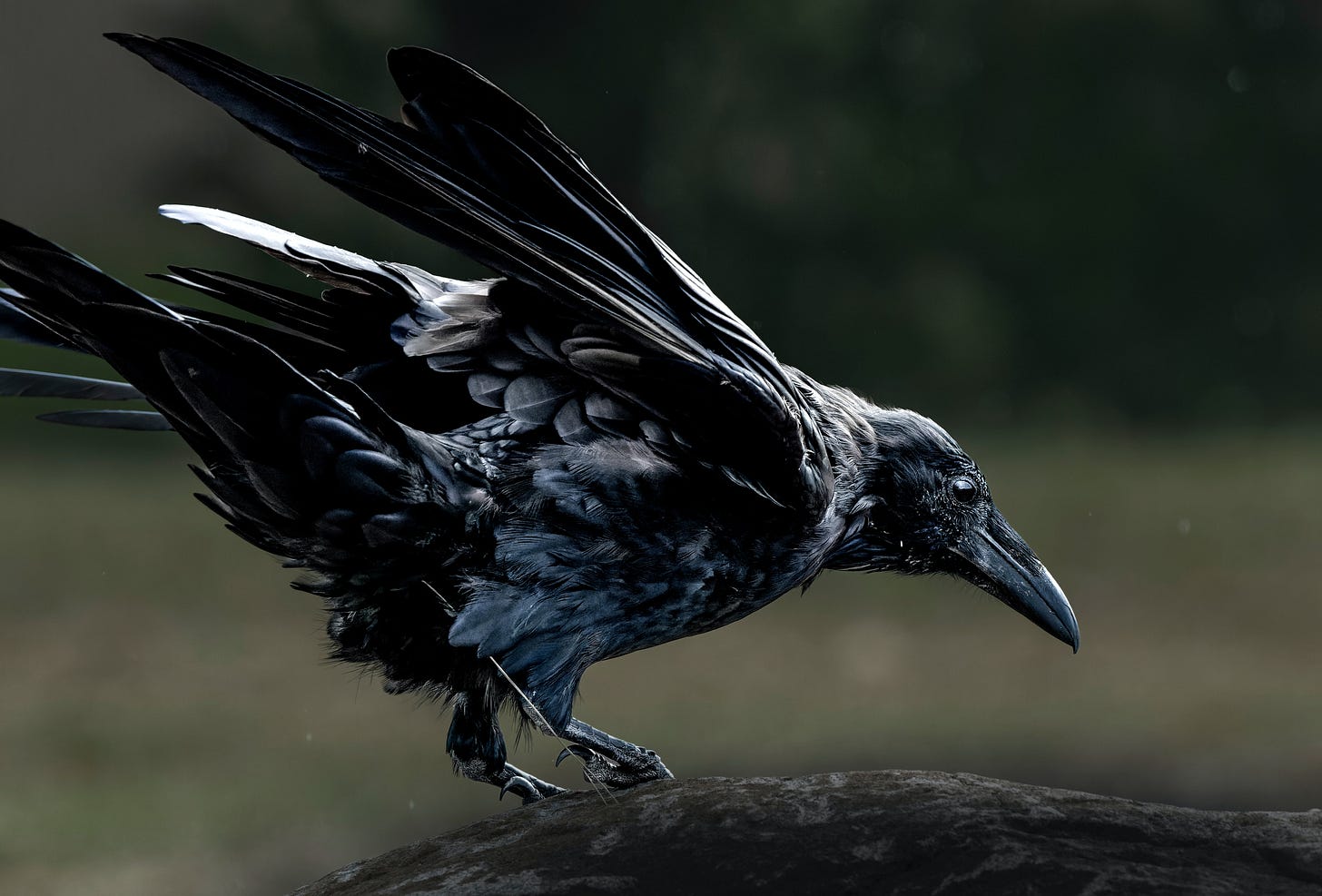CHAPTER 41: Next to Her Father
In his suite at New York’s Waldorf Astoria, Frédéric Trinité ordered a pedicure and a massage. He always felt better when he took time to recover properly from jet lag before meeting with his US bankers.
As the tiny Asian masseuse worked his back and thighs, he thought about the report from Bonn on the Seamus Boyle situation. Trinité was comforted by the calm manner in which his subordinates were handling the emergency. We chose well when we gave them the Rockefeller Charitable Trust, he thought. They’ll get Boyle out of the country.
“Can you work on my upper shoulders and neck?” he said to the masseuse. “There’s a lot of tension.” Ten minutes later he turned over on the table, pointed to his member and the masseuse went to work on a happy ending and a big tip.
<><><><>
I won’t panic, thought Seamus Boyle. He had planned for this, the day he would have to run, plans he would now test. As he grew accustomed to life on the run, it became just another challenge.
He drove east along the back roads, searching for a vehicle that wouldn’t be missed. It wasn’t long before he spotted a dusty Ford pickup in a lot next to a closed welding shop. He doubled back. The registration tags were current.
He pulled over and removed the plates and drove to a quiet spot, parked on a side road. He put the Ford’s plates on the car his girlfriend Carol had rented for him back in L.A., tossed the original plates from the L.A. rental over a cliff. Never to be seen again, he thought.
He drove all night, called Skye in the morning.
“Seriously, bro,” said Skye, “I’ll tell everyone you’ve been with me for two weeks.”
“Thanks,” said Boyle. “Go with that. Can you clean the bathroom, pour bleach down the drains, wash the sheets? Vacuum, burn the bag and filter? No need to give anyone my DNA, right? That’s private.”
“OK, can do,” said Skye.
“Thanks again, Skye. You’re a true friend. I’ll call ya soon.”
“No worries, amigo. Hasta la vista,” said Skye, hanging up.
Wearing his ball cap and sunglasses, Boyle stopped at a grocery store and picked up family items including milk and peanut butter, kid’s breakfast cereal, sanitary napkins and hair dye for the wife, steak and beer, another ball cap and a knitted cap, a few different pairs of sunglasses. He added bleach and a spray bottle, a pack of pandemic masks. Handy, he thought. He stocked up on granola bars, water, fruit, foods he could eat while driving. He paid cash. There was no way he would chance any time in restaurants.
Be careful, he thought over and over. Steady and slow wins the race.
Twelve hours later, he was in North Dakota where he paid cash for a hotel room on the highway outside Watford City. After dying his hair and facial hair a chestnut brown, he studied his face in the mirror. There was nothing he could do about the flat ridge across his nose. He added a cap and thick-rimmed sunglasses, took another look. He pulled on a baby blue pandemic mask and looked again. He was unrecognizable.
He left the hotel before dawn, cleared Fargo to the east seven hours later. Four hours after that, outside Minneapolis, he spotted an innocuous blue Honda hatchback.
He parked Carol’s rental a few minutes down the road, behind a stand of quaking aspen and put on blue surgical gloves. He pulled the plates, the ones he’d stolen from the dusty Ford pickup and popped them into his duffel bag. He cleaned out the glove box and all his gear, and wiped off the steering wheel, the door handles, the trunk. He knew his DNA was not in the system, but worked his way through the vehicle with a spray bottle full of bleach and water anyway. How many times has this been rented? he wondered. There must be DNA from dozens of people and a few dogs in this car.
Carrying his gear, he hiked back through the aspen grove, the sound of its leaves like whispers in the wind.
At the blue Honda hatchback, he jimmied open the door and quickly tossed in his gear. He hot-wired it, felt relief when the engine started, saw it had a full tank of gas. He pulled carefully onto the road and drove ten miles, pulled off on a dirt road and parked behind another thicket of aspen. Hidden from view, he installed the plates from the dusty Ford, tossed the plates from the Honda into a ditch, got back on the road. Guns and Roses’ “Paradise City” came on the radio. He smiled.
Rags to riches or so they say/ Ya gotta keep pushin' for the fortune and fame / You know it's, it's all a gamble when it's just a game / Ya treat it like a capital crime / Everybody's doin' the time
Take me down to the paradise city / Where the grass is green and the girls are pretty / Oh, won't you please take me home, yeah yeah / Take me down to the paradise city / Where the grass is green and the girls are pretty / Take me home
It was another 1,200 miles to New York, at least a 20-hour drive using back roads. He made it to Newark, New Jersey, an hour from New York, in three days, found a hotel and called Warren Jonah. “I’m here,” said Boyle. “Is the plane ready?”
“Done,” said Jonah. “We’ll get you out of here.”
“I want you to go with me on the first leg,” said Boyle.
Jonah took a deep breath. “I understand,” he said. “You’re worried. But once you see the plane, you’ll realize that our best interests are served by getting you out of the country safely. I’ll be there to see you off, but I won’t be going with you, Seamus. So you don’t experience any short term cash flow problems, I have been authorized to release $100,000 to you.”
“I always like working with you guys,” he said, “but make it half a mil.”
“Very funny,” said Jonah.
“Where’s the plane?” asked Boyle.
Jonah gave him instructions on when and where to go at the private plane hangar at the John F. Kennedy International Airport. He ended the call with, “Don’t worry. It’ll all be fine.”
Boyle ate and then slept ten hours. The next morning, he felt invigorated as he worked out every detail carefully in his head.
<><><><>
Weeping friends and relatives filled the small church on the hill—men with caps clutched respectfully to barrel chests, children fussing in the arms of crying mothers.
Wade Anderson, Ginnie’s jet-lagged widower, sat in shock in the front pew next to Ginnie’s mother Ingrid Hopewell, her face drawn with grief. Little Cheryl fussed on her grandmother’s lap. Marsha gave Cheryl a toy to quiet her.
Pale yellow roses, blue hydrangeas and evergreens overflowed the altar and lined both sides of the aisle. Yellow ribbons were tied around the end of each pew and pinned to hundreds of lapels.
Photos of Ginnie’s smiling and beautiful face surrounded her closed coffin. Grace forced herself to look at the pictures. Ginnie Hopewell as a young girl with her parents; Ginnie standing under the Yellow Ribbon Alliance sign; a newlywed Ginnie Anderson with her husband Wade; Ginnie and Cheryl with Shaka on the porch of the little green bungalow.
Old women recited the rosary, moving their lips to the words of comfort—Holy Mary, Mother of God, pray for us sinners now and at the hour of our death. Over and over the plea for mercy was whispered.
Clergy and friends gave eulogies. Grace remembered little of what they said. Friends sobbed as they tried to comfort one another.
The organ played slowly as the mourners filed out of the church. Grace looked around at the faces of people she had come to know and admire. Sheriff Russo, Carl Larsen, Tom and Sara, Frank, Jackson, Ingrid. So many others. They stood in numbness, their spirits broken, the life sucked out of them.
The rain fell as the funeral procession drove through Silvercreek. Wet yellow ribbons hung limply around lampposts and tree branches bent with sadness in the cold downpour. The line of cars drove past houses with front doors hung with pine wreaths tied with yellow bows. They drove through a forest to the cemetery.
At the gravesite, the crowd stood in shocked and miserable silence while streams of water poured down from the canvas canopy. Ravens squabbled in the trees around them. They buried Ginnie next to her father.
Ingrid Hopewell’s face was stricken, the face of a mother burying her daughter a few years after burying her husband. The mother of Erica White, the young woman who had died in the fire on Hunger Mountain, held Ingrid’s hand and they both wept for their daughters.
Jackson watched Ginnie’s coffin—covered with pale yellow roses, blue hydrangeas and evergreens—lowered into the grave. He blamed himself for Ginnie’s death. The guilt he felt joined with the pain he carried over the loss of Erica on Hunger Mountain.
The Rickie Lee Jones song that was playing at Ginnie’s house the last time Tom saw her, played in his head:
Little acts of kindness and little words of love / Make our earthly home heaven above / And there is no sorrow heaven cannot heal / Abide within, no cross, no crown
Tom squeezed Sara’s hand, drew it to his lips, kissed it and pressed it to his heart.
After the burial, the townspeople returned to Ingrid’s house. Grace helped in the kitchen—cutting up casseroles, washing dishes. She caught snippets of conversations, but didn’t say much beyond offering her sympathy to Ginnie’s family.
Craig Braverman approached Jackson, put his arm around his old friend’s shoulder. “I know we don’t always agree, Jack,” he said, “but you know I loved her too.”
Jackson nodded.
“Well, I can’t remember a time in my childhood without you, me and Ginnie in it,” said Craig. “Oh, and thanks, man, for saving my house.”
“You’re welcome,” said Jackson. “Stop by the bar and thank the guys, buy them a beer.” Craig nodded.
Ingrid’s sobs floated from a back room, mingling with the sound of whispers trying to console her.
Jackson walked over to the fireplace and went through the motions of starting a fire, then sat in a chair and stared into the flames. He said nothing when Grace handed him a mug of coffee. She sat by the window and watched nuthatches run nimbly up and down a tree trunk in the garden. Ravens worked the lawn.
Jackson’s coffee turned cold in his hand. The sun set and he and Grace sat in silence as the room dimmed.
Tears rolled down Grace’s face as the stanzas of a poem she’d written late the night before drifted like loss across her heart:
My heart is filled with sorrow / My soul is filled with grief
I pray for our tomorrow / For life, for relief
Scatter hope, like stars, into the night sky
Plant the seeds / of love in the valley and try / to live free
I’ve changed, she thought, her heart aching. I’ve crossed the line and can never go back. This is my life now.



